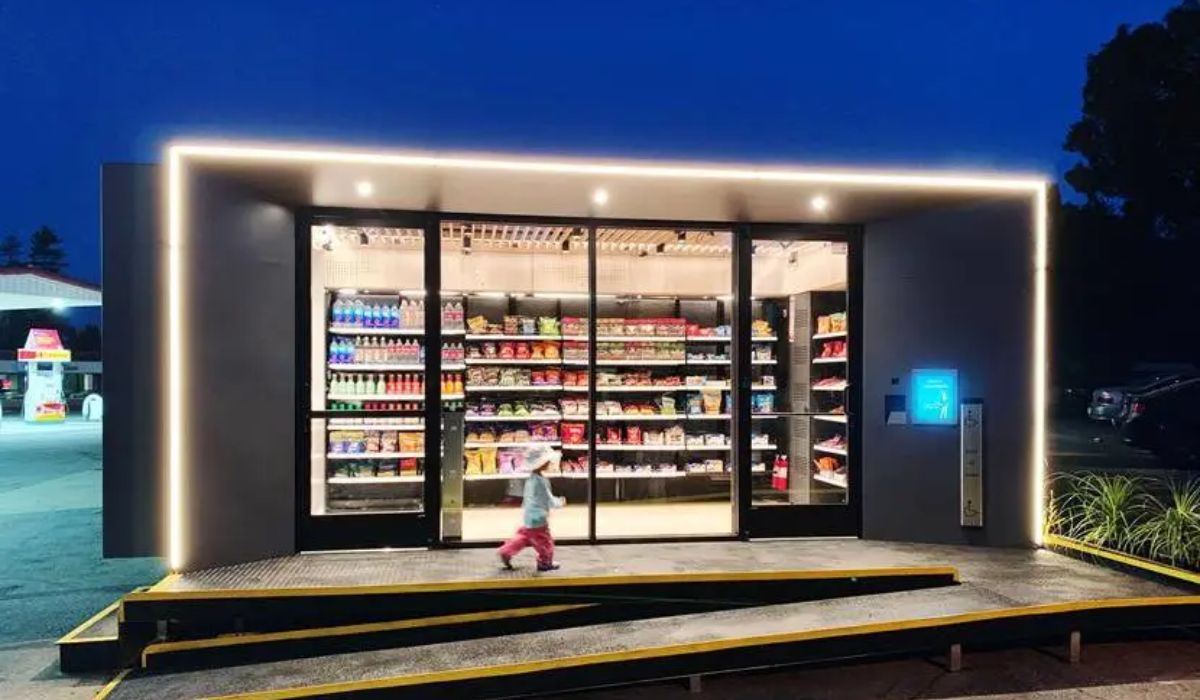
“I firmly believe that the retail industry will experience a period of turbulent & transformative change in 2024 and beyond.”
MWB Advisory - European Retail Outlook 2024
“Therefore, I firmly believe that the retail industry will experience a period of turbulent & transformative change in 2024 and beyond.”

1. Customer Trends
Sustainability Takes Center Stage:
Customers are increasingly aware of their environmental impact and are actively seeking sustainable products and practices from retailers. In 2024, retailers must align their offerings with eco-friendly solutions to meet the growing demand for sustainable alternatives. Cross Rental Services Group , Wirth Research

Personalised Experiences Gain Assured Prominence:
Customers now expect retailers to provide personalised recommendations, tailored shopping experiences, and exclusive offers. By leveraging customer data and advanced analytics, retailers can deliver personalised experiences that foster customer loyalty and satisfaction.

Omnichannel Shopping Revolution a Non-Negotiable:
The rise of omnichannel shopping continues to reshape the retail landscape. Customers now seamlessly transition between online, mobile, and in-store channels during their shopping journey. Retailers must prioritise providing a seamless and integrated experience across all touchpoints to meet customer expectations.

Convenience as a Key Competitive Advantage:
Convenience has become a paramount factor for customers. In 2024, retailers must offer fast and flexible delivery options, click-and-collect services, and hassle-free returns to cater to customers’ desire for convenience and efficiency.

2. Customer Sentiment
In 2024, I anticipate a significant shift in consumer behaviour, with individuals becoming more conscious and mindful of their financial decisions, technology usage/protection, and mental well-being. As people increasingly seek tranquility in their lives, a new wave of challenges will emerge, driven by three planned major global occurrences: the Paris 2024 Summer Olympics, a US presidential election, and the upcoming UK general election campaign. This of course is on top of today’s disruptive political war zones that are unsettling global markets and human values.
2024 holds the promise of consumers exercising better awareness and habits in various aspects of their lives- Mindfulness, Security, Quality, Sustainability, Traceability and Health. Health Remains Paramount. Customers will continue to prioritise holistic-health choices even beyond 2024. The consumer health landscape is becoming increasingly consumer-centric, with a focus on innovative self-care and personalised wellness in an ever-evolving retail world. Many retailers are taking greater social responsibility and want to ensure that everyone has access to affordable, better quality, healthier food. PerfoTec
3. New Tech Developments
Quorso , SES-imagotag , HALO Body Cameras , Cloen
E-commerce Continues to Thrive:
The growth of e-commerce will persist in 2024, with retailers investing in seamless, user-friendly websites, mobile apps, and secure payment systems. Retailers must adapt to the evolving digital landscape to capture the expanding online customer base. Europe and the United States are also significant contributors to the global eCommerce market. In 2023, Europe is expected to generate revenues of $730.3 billion, while the United States is projected to contribute $917.6 billion. These figures highlight the rapid expansion and potential of the eCommerce industry. Although slightly trailing behind, Europe is also showing promise with a 10% growth rate, taking its revenue from US$730 billion to US$1,068 billion.

Artificial Intelligence (AI) and Machine Learning (ML) Revolutionise Retail:
Retailers will leverage AI and ML technologies to enhance personalisation, optimise inventory management, and improve customer service through chatbots and virtual assistants. These technologies will enable retailers to deliver tailored experiences and streamline operations. The biggest topic of interest within my eco-system for sure!
91%
Require AI-first operating models within 12 months
Increased digital investments are needed
34%
Of CEOs have confidence in leaders’ AI fluency
Many leaders lack familiarity with generative AI
68%
Believe AI will maintain or increase jobs
Most expect headcount to increase up to 9%
71%
Agree employees will need new skills for generative AI
Support is required to onboard employees
Augmented Reality (AR) and Virtual Reality (VR) Enhance Online Shopping:
AR and VR technologies will revolutionise the online shopping experience. Customers will be able to virtually try on products and visualise how furniture or home decor items would look in their homes. Retailers must embrace these technologies to provide immersive and engaging experiences to customers.
4. HR Mega Trends
Upskilling and Reskilling for the Future:
Retailers will prioritise upskilling their workforce to adapt to new technologies and changing customer expectations. Training programs and continuous learning opportunities will be crucial to equip employees with the necessary skills for the evolving retail landscape.
Remote Work and Flexibility:
The pandemic has accelerated the adoption of remote work, and by 2024, retailers may continue to offer flexible work arrangements to attract and retain talent. Finding the optimal balance of remote working options can enhance employee satisfaction and productivity. This balance is clearly company culture specific along with their generational mix.

‘As long as Millennials are the largest workforce, remote work isn’t going anywhere, so companies should be ready to adapt in 2024 and beyond. In the coming years, remote work opportunities will have to meet the demands and expectations of increasingly working Millennials.’
4. Retailers MUST ‘Reset’ to grow in 2024

In conclusion, the retail industry is undergoing significant ‘Reset’ in 2024, and companies must adapt to thrive in this dynamic environment. By embracing new technology, building ecosystems, engaging their workforce, and investing in private brands, retailers can position themselves for success. It is crucial for businesses to prioritise these strategies to remain competitive and meet the evolving needs and expectations of customers.

